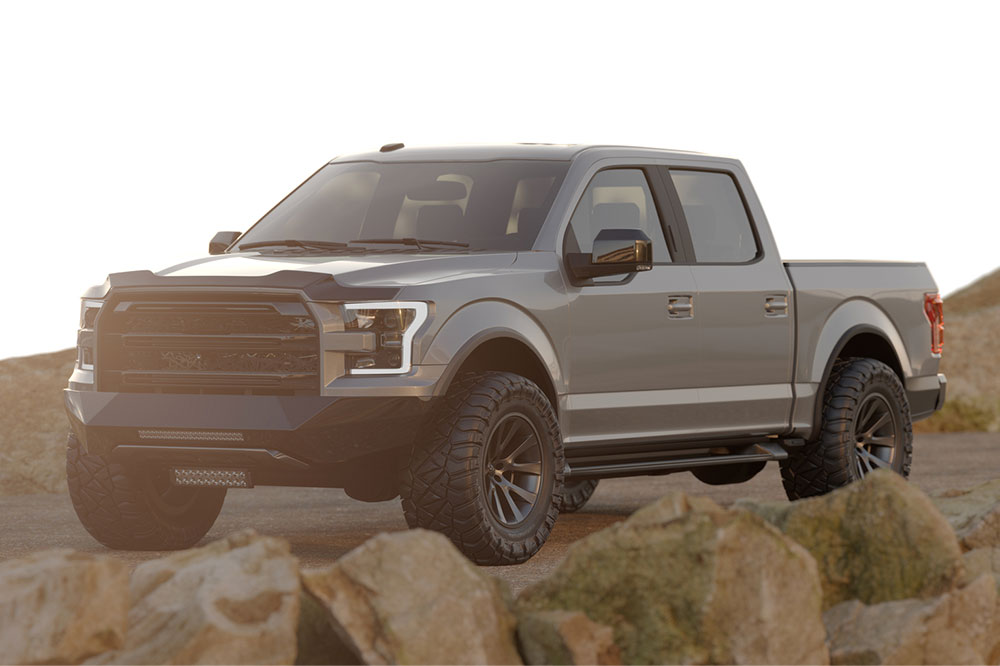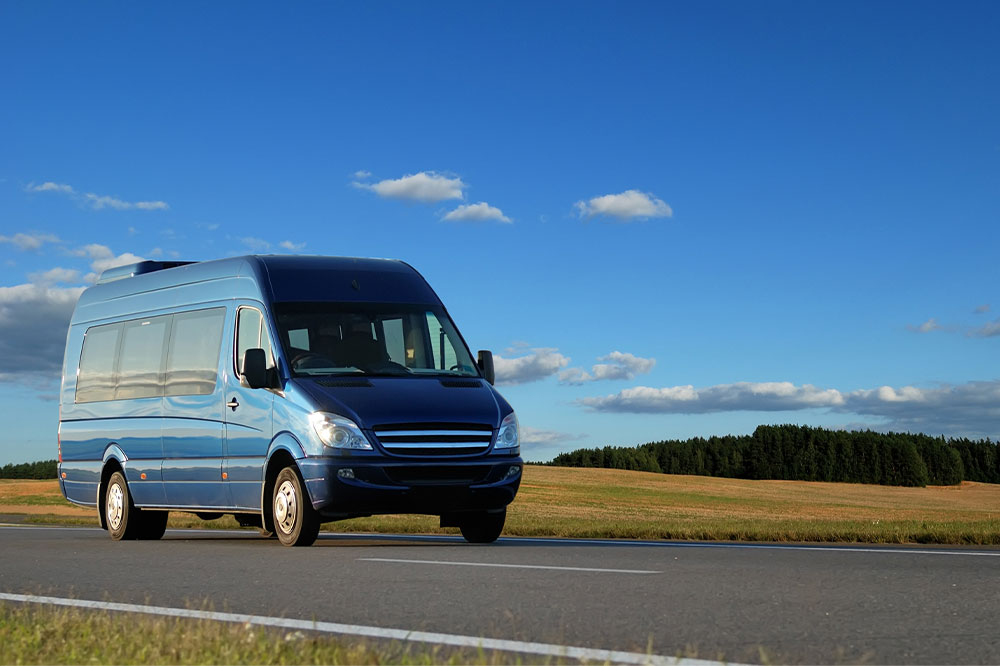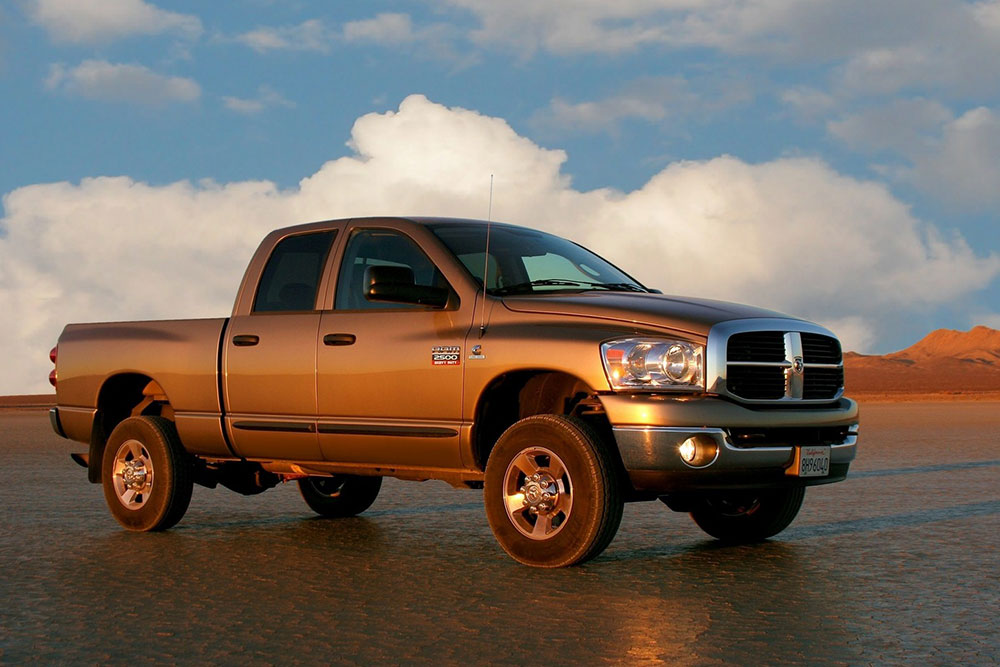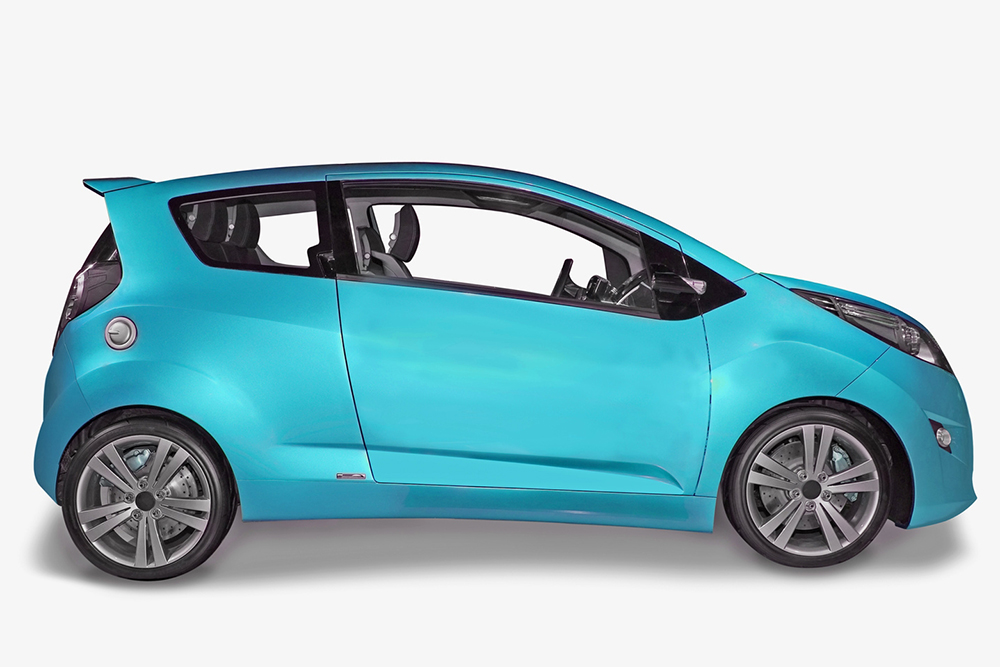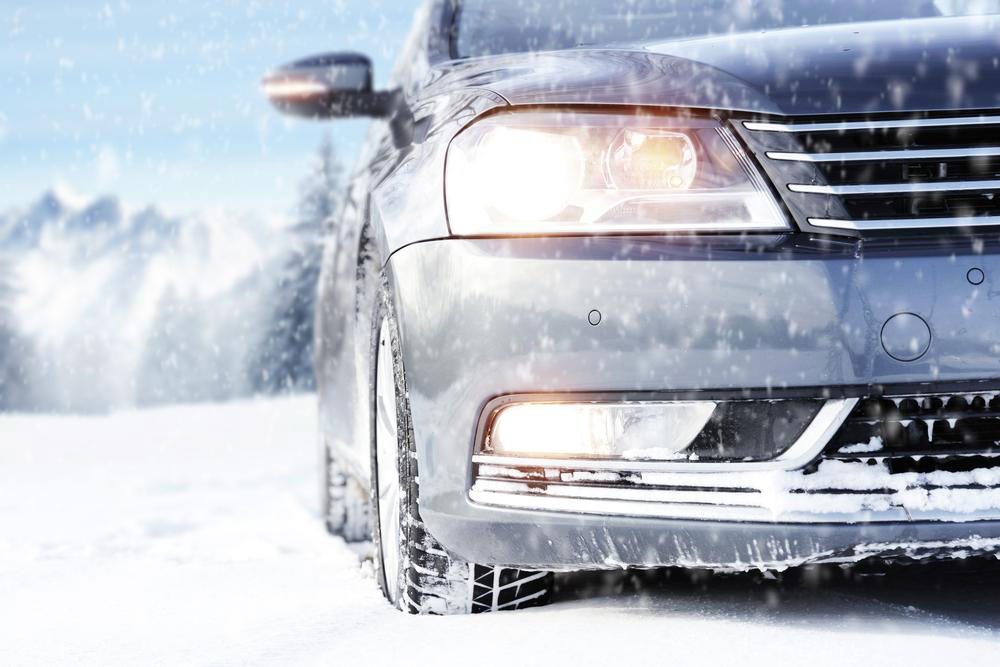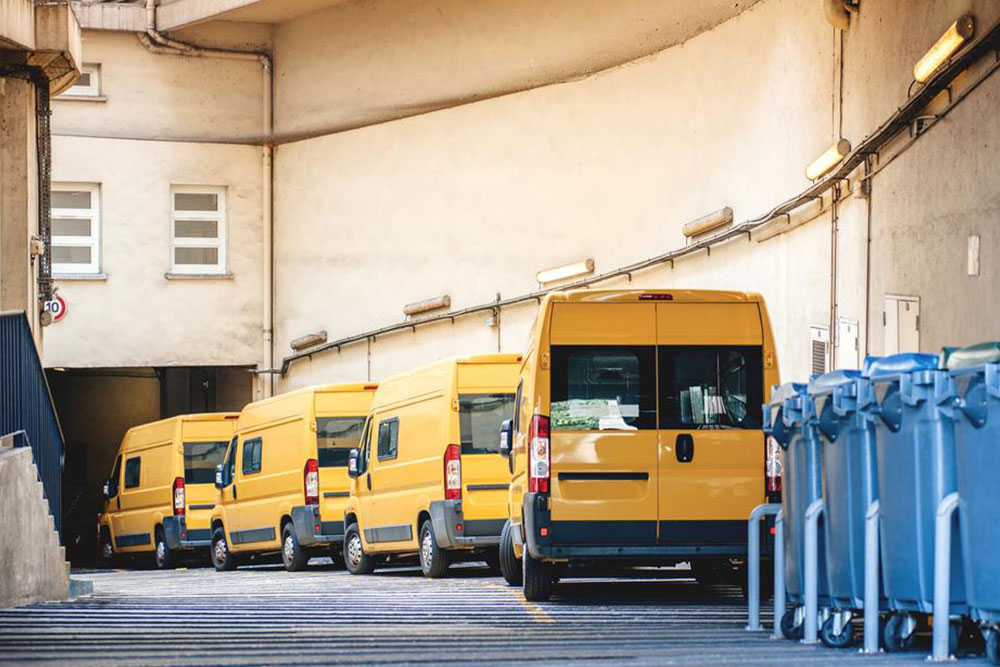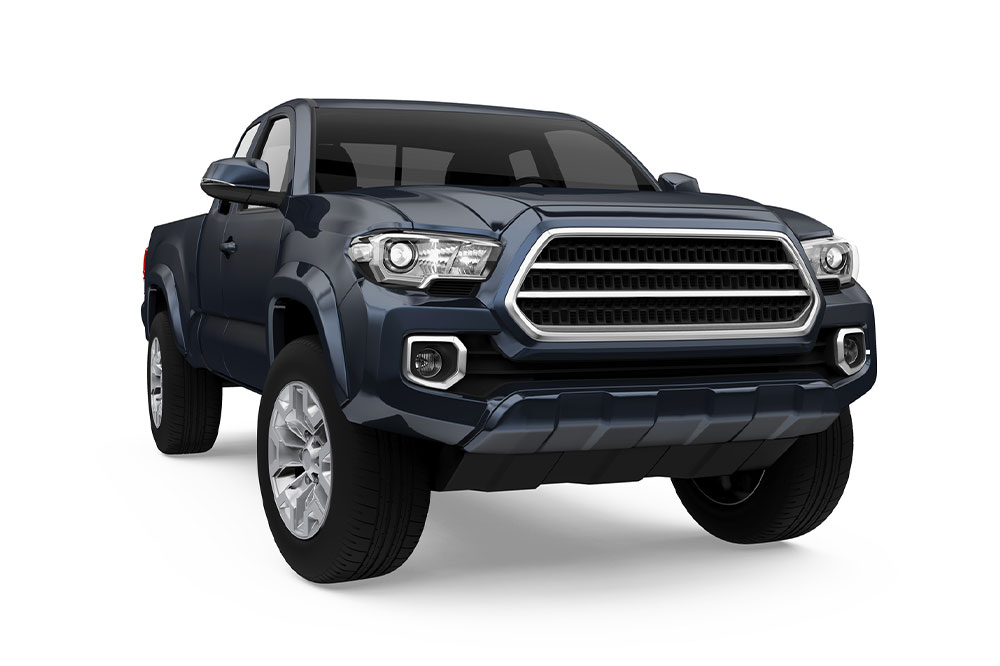Ultimate Guide to Vehicle Wraps: Types and Pricing Insights
Explore the comprehensive guide to vehicle wraps, including types like full, partial, glossy, carbon fiber, and chrome options. Discover cost ranges, benefits, and professional tips for transforming your vehicle's appearance affordably and reversibly, protecting your paint while making a statement on the road.
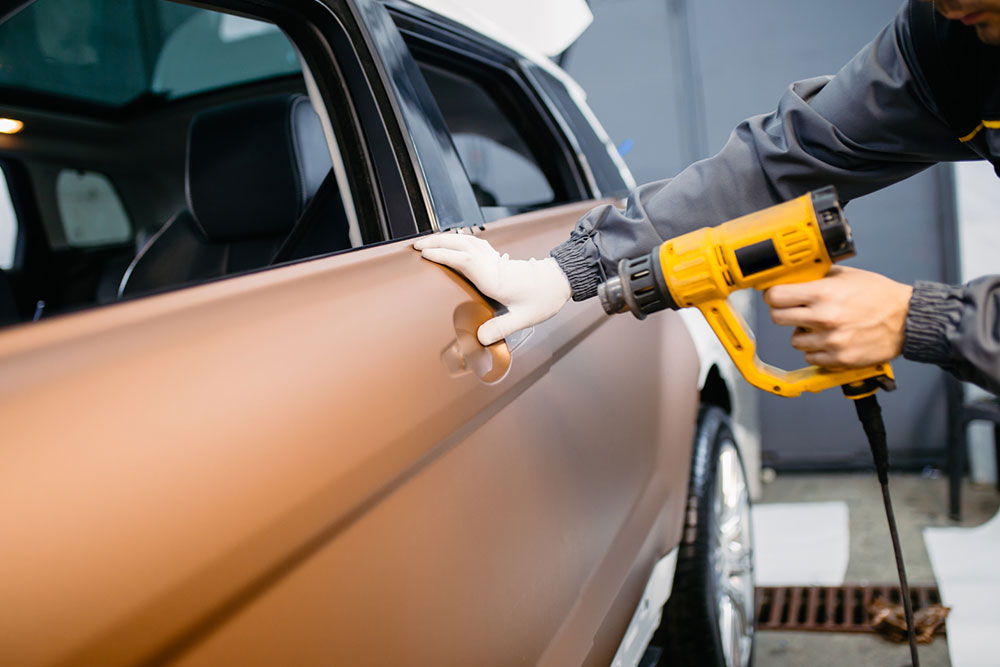
Vehicle Wraps: Exploring 5 Popular Styles and Their Costs
Applying a specialized film to your vehicle, known as vehicle wrapping, transforms its look and offers protection. Usually made of vinyl, this process resembles giving your car a fresh new outfit—sometimes for decorative purposes, branding, or to change its color without a full paint job. Vehicle wraps are an affordable alternative to repainting and are reversible, allowing for easy removal. They help safeguard the original paint and create a customized appearance tailored to personal or promotional needs.
Different Types of Vehicle Wraps
Here are some of the most popular options:
1. Full Vehicle Wraps
Complete coverage encapsulates the entire vehicle, allowing for dramatic visual changes. Many choose solid colors or custom designs for a bold transformation. Full wraps are a cost-effective, temporary alternative to repainting, often called color-change wraps. They can be used to protect the original paint from scratches or minor damage, acting as a protective layer. The cost for full wraps varies based on vehicle size and complexity but generally offers a straightforward, affordable makeover. If desired, they can be removed easily, reverting to the original look.
2. Partial Vehicle Wraps
This style covers only specific areas, such as the hood, roof, trunk, or doors. It’s ideal for subtle enhancements or branding on a limited section of the vehicle. Partial wraps are less expensive than full wraps and are perfect for individuals who want a noticeable change without a complete overhaul. Additionally, they are suitable for promotional purposes or vehicles with distinctive exteriors to enhance branding without overwhelming the overall appearance. Commonly, partial wraps focus on areas like the trunk or hood, often used for advertisements or logo placement.
3. Glossy Wraps
Among the most popular options, glossy wraps provide a shiny, reflective surface that enhances the vehicle's aesthetic appeal. They are durable, long-lasting, and increase visibility, especially in outdoor environments. Glossy finishes are highly eye-catching and can be used to make your vehicle stand out. Some wraps may require additional protective coats for outdoor durability, but overall, they offer an attractive, high-gloss look that is favored by car enthusiasts and brands alike.
4. Carbon Fiber Wraps
This type mimics the appearance of genuine carbon fiber, often used in high-end vehicles. Made from vinyl with a textured matte finish, these wraps add a sleek, modern look while also offering resistance to damage. They are especially popular in luxury and customized cars due to their aesthetic appeal and protective qualities. Applying carbon fiber wraps can be more complex and generally requires professional installation to ensure a perfect fit, particularly for full coverage. They provide a durable, stylish finish that combines both form and function.
5. Chrome Wraps
Designed to give a metallic, reflective chrome appearance, these wraps offer a bold, flashy look for vehicles. They are an affordable alternative to actual chrome plating, which is much more expensive. Due to their reflective nature, chrome wraps help keep vehicles cooler by reflecting sunlight, reducing heat absorption in warmer months. The installation process can be challenging, often necessitating professional expertise to achieve a smooth finish. Chrome wraps are popular for their attention-grabbing effect and are suited for those seeking an extravagant, eye-catching style.
The final price of vehicle wrapping varies based on wrap type, vehicle size, complexity, and labor costs. Typically, full wraps cost between $2,500 and $6,000, with some projects reaching up to $10,000 for larger or more intricate jobs. Expect installation fees around $6 per square foot. For smaller cars, costs are lower, while luxury vehicles tend to be more expensive. It’s advisable to compare quotes from different providers and discuss options to find the best fit for your budget.



